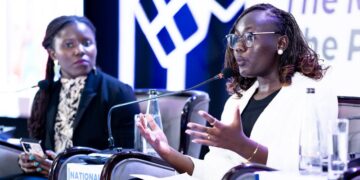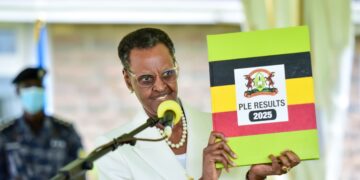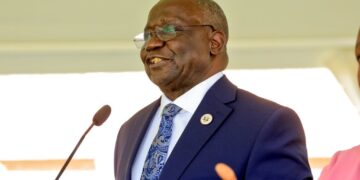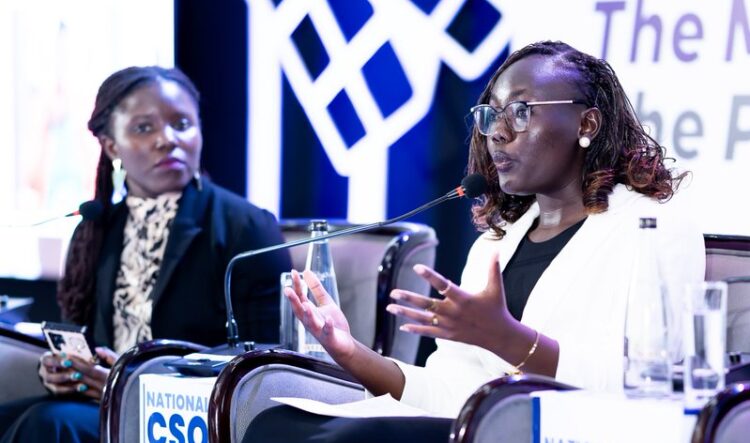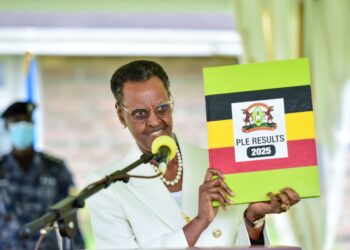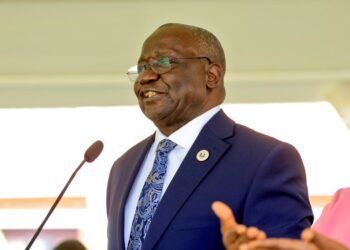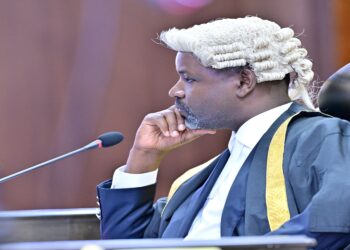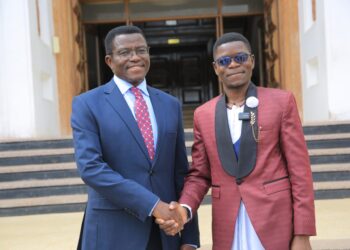By Leonard Kamugisha Akida,
KAMPALA
Civil society actors have called on organisations and communities to embrace digital platforms as the new frontier for advocacy, warning that traditional spaces have become increasingly difficult and risky to use.
Speaking during a panel discussion on civic engagement at the National CSOs Convention 2025, at Mestil Hotel Nsambya on Wednesday, Sarah Anzoa, the Executive Director of Dare for the Future Initiative and Board Member at FIFA Uganda said that the digital space has become the new “battlefield” for advancing causes such as gender rights, anti-corruption and social justice.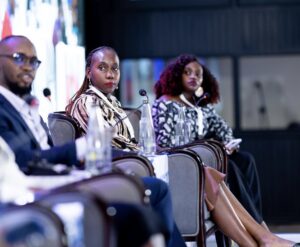
“Political times have changed, governance has changed, and it has become dangerous to use land platforms for advocacy,” Sarah said. “Whoever realises the potential of the digital space early, and starts organising there, gains the advantage.”
She cited the case of a nursing student in Eastern Uganda who was expelled earlier this year for becoming pregnant. Civil society organisations amplified her story online, attracting the attention of the Uganda Human Rights Commission and women’s rights groups, which later petitioned government to outlaw the regulation.
“Storytelling online builds awareness, and awareness builds an army. With a bigger army, we are able to act, to advocate and to shift policy,” Sarah added.
The activists noted that social media platforms have already proven effective in mobilising citizens, pointing to anti-corruption campaigns in Uganda and Kenya that began online before gaining traction on the ground.
They also urged civil society organisations to invest in strengthening their digital presence, including collaborations with influencers to push campaigns against child marriage, maternal mortality and police brutality.
“In the same way influencers promote products, they can push causes that matter to society,” Sarah said, calling for budget allocations to support digital campaigns.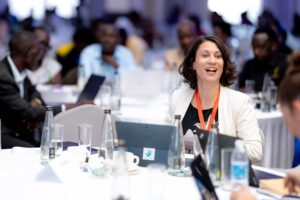
However, other speakers cautioned against over-reliance on technology. Rehemah Nakato Ssesimba said digital literacy should not be used as a barrier to civic participation.
“Many young people fear being exposed as not tech-savvy. Civic space should remain inclusive, with information accessible in local languages, not only on digital platforms,” Nakato stressed.
Another participant, Liza Kawooya advocated for hybrid approaches that combine both physical and digital advocacy. “It’s not just about putting campaigns online. They must connect to real-life services that communities can access,” she said.
CSOs urged the government and development partners to support digital literacy, risk management, and funding for online advocacy initiatives to ensure that vulnerable groups are not left behind.
Ambassador Jan Sadek, Head of the EU Delegation to Uganda urged CSOs to adopt to AI and use it to save time working on tedious work and focus on impact, than fearing it to replace them.
“Artificial intelligence is not here to take over civil society, but to make our voices stronger and our advocacy smarter.” he said.
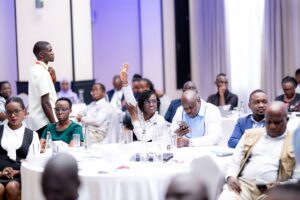
“My personal advice is this: when you face those incredibly complex proposal forms from the EU or GIZ, don’t struggle alone. Use AI to support the process. It will save you time and energy.”
Ambassador Sadek acknowledged that civil society is the backbone of Uganda’s democracy, and reaffirmed the European Union and Germany commitment to supporting sustainable development, youth empowerment, digital innovation, and clean energy in Uganda.
